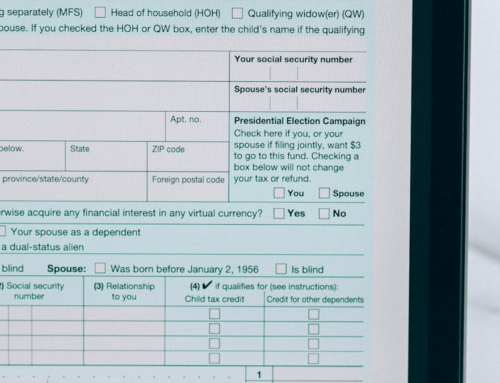Article | January 22, 2025
Authored by Chortek LLP
In the modern digital era, our personal and financial information is increasingly at risk. One would assume that the three major credit reporting bureaus—Experian, Equifax, and TransUnion—would be our bulwark against identity theft. However, it pays to revisit a relatively recent security breach that highlighted a substantial vulnerability within one of these institutions, raising concerns about their effectiveness in protecting consumer information.
In late 2022, a security researcher in Ukraine discovered a glaring security weakness in Experian’s system. Identity thieves had already exploited the loophole, which allowed them to bypass multiple-choice questions about financial history, a key security measure to access credit reports. All they needed was a person’s name, address, birthday, and Social Security number.
It’s alarming to consider that such a significant lapse in security could occur in an institution that holds such sensitive consumer data. This incident only reinforces the notion that we cannot solely rely on these bureaus for protection against identity theft.
So, what can you do to protect your financial identity?
The first and most effective step is to place a freeze on your credit records at all three bureaus. This service is free and prevents anyone without a pre-existing financial relationship with you from accessing your credit file. This significant barrier makes it unlikely for potential creditors to grant new lines of credit in your name, thus protecting you from identity thieves. Additionally, freezing your credit file means that the credit bureaus can no longer sell a peek at your credit history to others.
However, it is essential to understand the difference between a credit freeze and a credit lock service. While the latter may be marketed as a convenient way to control your credit file availability, they offer little protection and do not prevent the bureaus from selling your information to others.
Another critical step is to implement strong security measures, especially when setting up passwords and secret questions/answers used for resetting passwords. These secret questions act as a gateway to resetting passwords and are, therefore, sensitive. You should provide random/non-factual answers to these questions and securely document these, along with your passwords, in an encrypted password vault.
Periodic monitoring of your credit report is also crucial. Every year, each bureau is required to provide a free copy of your credit report. Regularly checking these reports can help you spot any inaccuracies or suspicious activities early.
While credit monitoring services have a mixed reputation, some do offer insurance against identity theft. Brands like Lifelock are considered among the better ones if you decide to invest in a monitoring service.
Credit bureaus play a crucial role in our financial ecosystem, but even they aren’t infallible. As consumers, we must take proactive measures to protect our financial identity. Freezing credit records, employing strong security measures, and regularly monitoring credit reports are some effective steps to safeguard against identity theft.


